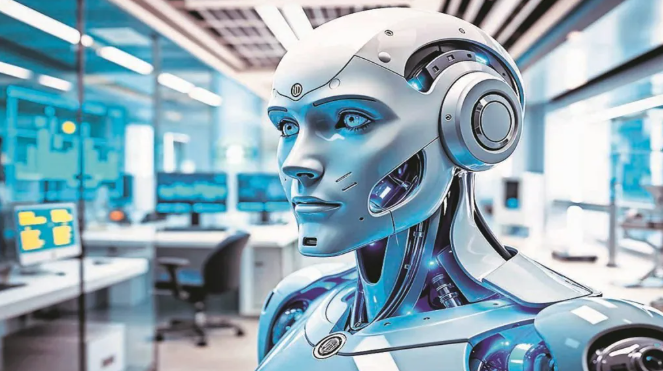
Agentic AI is emerging as a transformative force in the rapidly evolving field of generative AI. Defined by its ability to act autonomously, adapt in real-time to dynamic environments, and solve multi-step problems, agentic AI is reshaping workflows and enhancing productivity across industries. Its potential for 2025 and beyond positions it as a pivotal trend in technological innovation.
One prominent example of agentic AI is its role in autonomous vehicles. Companies like Tesla utilize this technology for navigation, traffic management, and obstacle avoidance, allowing vehicles to make split-second decisions. In the financial sector, algorithmic trading bots rely on agentic AI to execute real-time stock market transactions. Similarly, banks such as HDFC Bank and SBI deploy autonomous systems for fraud detection and prevention, while loan providers like Razorpay expedite loan approvals by assessing customer profiles and risks using advanced AI models.
Agentic AI is also making strides in everyday applications like virtual assistants. These assistants are transitioning from reactive tools to proactive systems capable of initiating searches and making personalized recommendations. For instance, Netflix leverages agentic AI to curate entertainment options based on a user’s viewing history and preferences.
In the realm of robotics, agentic AI has propelled advancements in space exploration. NASA’s Mars Rovers and ISRO’s Pragyan exemplify this technology by autonomously navigating extraterrestrial terrains, collecting data, and analyzing it independently. The future of space missions could see agentic AI facilitating collaboration between humans and robots through swarm intelligence, significantly enhancing exploration capabilities.
Healthcare is another domain where agentic AI holds promise. From providing granular personalization in medical care based on genetic and lifestyle factors to dynamic investment advice tailored to individual risk profiles, the possibilities are immense. Humanoid robots equipped with agentic AI could also support elderly care by assisting with daily activities and companionship, revolutionizing healthcare delivery.
However, alongside its vast potential, agentic AI presents significant ethical and regulatory challenges. All AI models rely on algorithms, and ensuring these algorithms minimize bias and promote equitable outcomes remains a critical concern. Historical instances, such as the Rohingya crisis, highlight the dangers of unchecked AI systems. Social media algorithms spreading misinformation played a role in exacerbating the crisis, forcing many to flee Myanmar.
Such cases underline the urgent need to define ethical standards and robust regulatory frameworks for agentic AI. Preventing misuse and addressing the potential loss of control in autonomous systems are essential to ensure these technologies benefit humanity without causing harm.
Stakeholders must collaborate to establish a clear charter for agentic AI, balancing technological innovation with ethical responsibility. As we stand at the threshold of an AI-driven future, embracing both the promise and perils of agentic AI is vital for ensuring a sustainable and inclusive technological landscape.







